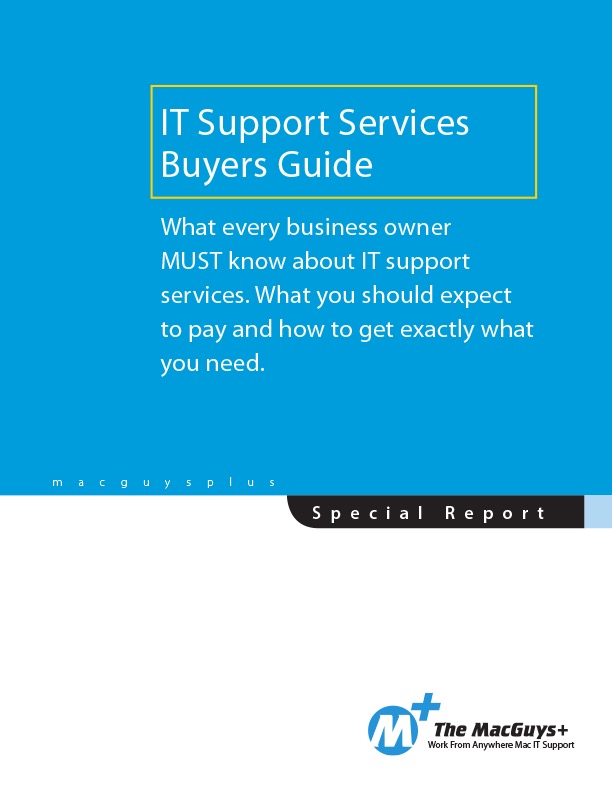
January 28 marks Data Privacy Day, a global reminder of the importance of safeguarding sensitive information. Data privacy is more than a compliance requirement for businesses—it’s essential for protecting financial health and reputation.
In 2023, the average data breach cost was $4.35 million, according to IBM’s Cost of a Data Breach Report. With cyber threats rising, proactive measures can help minimize risk and prevent your business from becoming the next headline.
Why Data Privacy Matters for Small and Midsized Businesses
Many small and midsized businesses (SMBs) mistakenly believe they’re too small to be targeted by cybercriminals. In reality, nearly 43% of cyberattacks target SMBs, often lacking the resources to recover from a breach.
The consequences can be severe:
- Financial Losses: Ransom payments, legal fees, and fines add up quickly.
- Reputational Damage: Losing customer trust can lead to lost business.
- Operational Disruption: Downtime from breaches can paralyze operations.
What Data Do Cybercriminals Target?
Hackers aim for a wide range of sensitive data, including:
- Customer Information: Credit card details, addresses, and login credentials.
- Employee Records: Social Security numbers, payroll information, and health records.
- Business Financials: Bank account details, invoices, and proprietary information.
However, any accessible data is a potential target.
How Does Data Get Compromised?
Cybercriminals employ various methods to steal data, including:
- Phishing: Fraudulent emails or links trick employees into revealing sensitive information.
- Ransomware: Malicious software locks systems until a ransom is paid.
- Weak Passwords: Simple or reused passwords make systems vulnerable.
- Unsecured Networks: Public Wi-Fi or unprotected systems enable data interception.
Steps to Strengthen Data Privacy
Protecting your data requires a comprehensive strategy. Here are key measures to take:
1. Know Your Data
Start by understanding your data, where it’s stored, and who can access it. Conduct a data inventory to identify:
- Customer information.
- Employee records.
- Financial details.
Quick Tip: Only collect and store data you truly need. Less data means less risk.
2. Encrypt Everything
Encryption converts sensitive information into unreadable code, protecting it even if accessed by unauthorized users.
Pro Tip: Apply encryption in transit and at rest for maximum protection.
3. Implement Strong Access Controls
Not every employee needs access to all data. Follow the principle of least privilege (PoLP) to limit access to what’s necessary for each role.
Example: A marketing team doesn’t need access to payroll records.
4. Train Your Team
Human error is a leading cause of data breaches. Regular training helps employees recognize threats and practice good security habits.
Focus on:
- Identifying phishing attempts.
- Securing devices in public spaces.
- Reporting suspicious activity.
Statistic: According to Stanford University, 88% of data breaches result from employee mistakes.
5. Partner with a Trusted IT Provider
Managing data privacy is complex. A trusted IT provider can assist with:
- Conducting regular audits.
- Monitoring vulnerabilities.
- Responding swiftly to potential threats.
Take Data Privacy Seriously
A data breach doesn’t just cost money—it can cost your reputation and your ability to operate. This Data Privacy Day, take time to evaluate your current security practices and make necessary improvements.
You can protect your business, customers, and employees from costly breaches by staying proactive.
Click here to schedule a free call to learn how we can help you.
______________________________________________________________________






